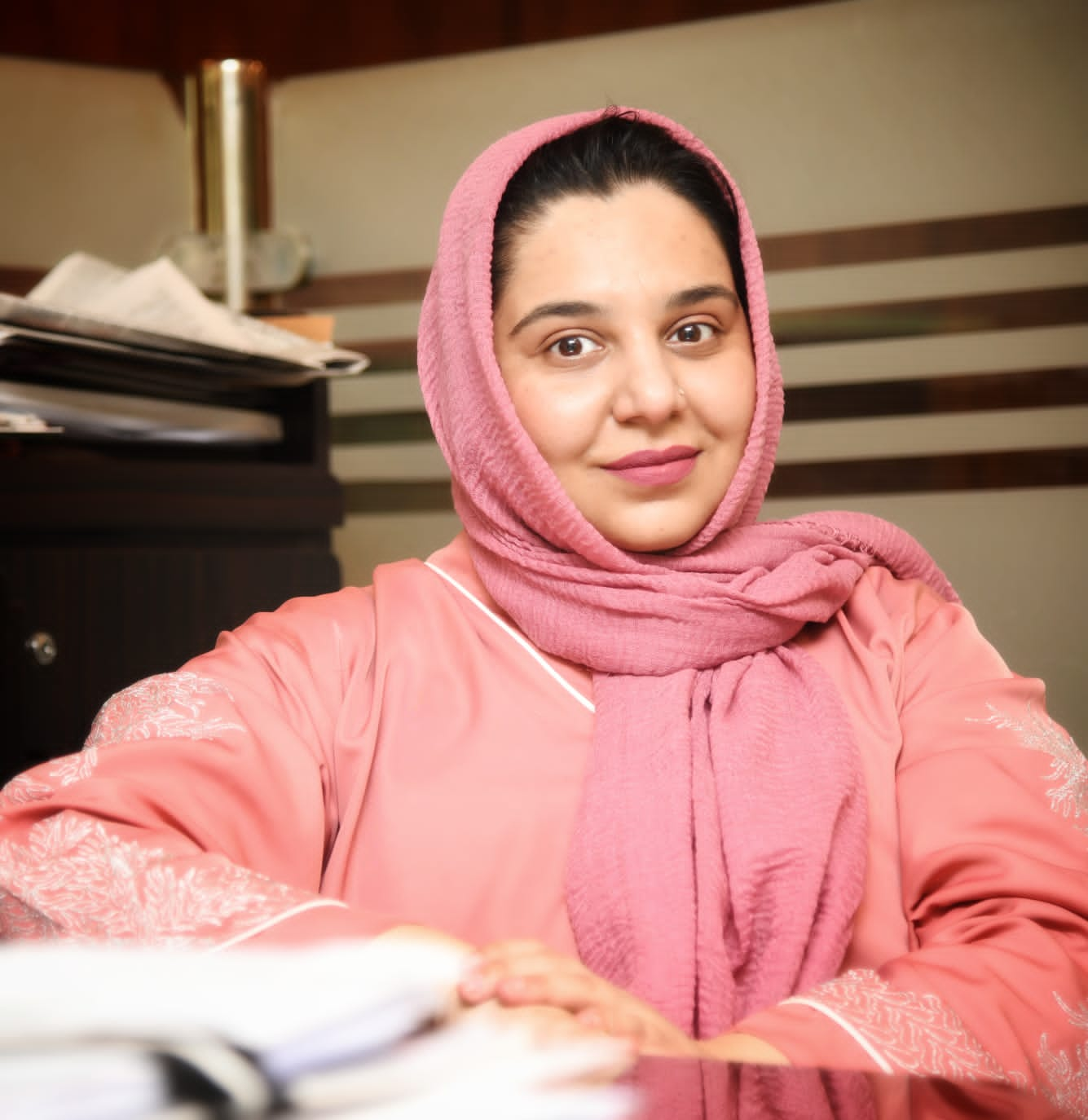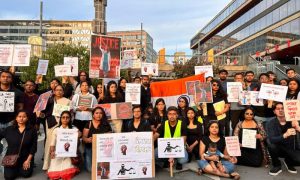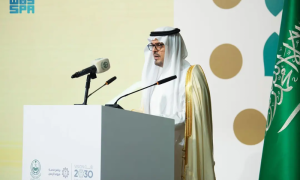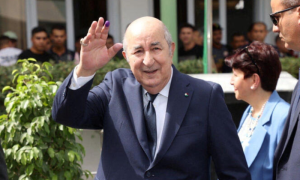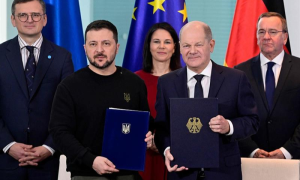In a groundbreaking move to combat the pervasive issue of child marriage in Pakistan, a nationwide communication campaign named “BOLO” (Speak Up) has been launched. This initiative, spearheaded by the National Commission on the Status of Women (NCSW) in collaboration with UNICEF, UNFPA, and UN Women, aims to raise awareness about the detrimental effects of child marriage and advocate for legal amendments to protect children’s rights.
The Persistent Challenge of Child Marriage in Pakistan
Child marriage remains a significant concern in Pakistan, deeply rooted in cultural traditions, economic pressures, and social norms. While exact current statistics would require the latest surveys, historical data has shown alarming rates of child marriage across the country, particularly in rural and economically disadvantaged areas. This practice not only violates children’s rights but also perpetuates cycles of poverty and gender inequality.
The consequences of child marriage are far-reaching and severe. Young brides are at a higher risk of health issues, particularly complications related to pregnancy and childbirth.”
Their education is frequently cut short, limiting their future opportunities and economic independence. Moreover, child brides are at a higher risk of domestic violence and psychological trauma, as they are ill-equipped to handle the responsibilities thrust upon them at such a young age.
Recognizing the urgency of addressing this issue, the BOLO campaign emerges as a beacon of hope, aiming to catalyze change at both societal and legislative levels.
The BOLO Campaign: A Multifaceted Approach
The BOLO campaign is designed as a comprehensive initiative that tackles the issue of child marriage from multiple angles. Its name, which means “Speak Up” in Urdu, encapsulates the campaign’s core message: encouraging individuals and communities to voice their opposition to child marriage and actively work towards its eradication.
Key Objectives of the BOLO Campaign:
- Awareness Raising: At the heart of the BOLO campaign is a concerted effort to educate the public about the negative impacts of child marriage. Through various media channels, community outreach programs, and educational initiatives, the campaign aims to dispel myths and highlight the importance of allowing children, especially girls, to mature fully before entering into marriage.
- Legal Advocacy: The campaign strongly advocates for legal amendments to strengthen the framework against child marriage. A significant focus is on supporting the ongoing discussions in Parliament regarding the Child Marriage Restraint Act. The campaign pushes for establishing a uniform minimum marriage age of 18 across all provinces and requiring a National Identity Card for marriage registration.
- Stakeholder Engagement: BOLO recognizes that ending child marriage requires a unified effort from various sectors of society. It seeks to engage government bodies, NGOs, civil society organizations, media outlets, and community leaders in a collaborative effort to combat this practice.
- Empowering Youth: By giving a voice to young people, particularly girls, the campaign aims to empower them to speak out against child marriage and advocate for their rights to education, health, and personal development.
- Addressing Root Causes: The campaign delves into the underlying factors that perpetuate child marriage, including gender-based barriers and economic deprivation. By highlighting these issues, BOLO seeks to promote holistic solutions that address the root causes of the practice.
The Role of Key Stakeholders
To achieve its objectives, the BOLO campaign employs diverse strategies, including mass media campaigns using television, radio, and print to broadcast messages against child marriage, featuring testimonials from survivors and advocates. Social media is leveraged to reach younger audiences, encourage user-generated content, and create viral campaigns.
Community workshops and dialogues address local concerns, dispel myths, and promote alternatives to child marriage. School-based programs empower students with knowledge about their rights and the risks of early marriage. Helpline services are established or strengthened to provide a platform for reporting cases of child marriage or seeking support and information.
Legal aid clinics offer free legal counsel to families and individuals at risk. Economic empowerment initiatives address poverty by supporting programs that enhance families’ economic stability. Training for officials, including law enforcement, judiciary, and local government, enhances their understanding and enforcement of laws against child marriage. Inter-faith dialogues engage religious leaders to challenge misinterpretations of religious texts justifying child marriage. Celebrity endorsements amplify the campaign’s message and reach wider audiences.
The success of the BOLO campaign will be evaluated through indicators such as a significant reduction in child marriage rates across Pakistan, the passage and implementation of stronger laws establishing 18 as the minimum age for marriage nationwide, increased public knowledge about the negative impacts of child marriage and children’s legal rights, a rise in the number of child marriages prevented or reported, higher rates of girls completing secondary education, and improvements in maternal and child health statistics. The campaign also aims to shift public opinion and community norms regarding child marriage and achieve long-term economic improvements in communities where child marriage rates decrease.
The BOLO campaign represents a crucial step in Pakistan’s journey towards eliminating child marriage. However, its success depends on sustained effort and commitment from all sectors of society. Key areas requiring ongoing attention include continuous evaluation and adaptation of strategies, scaling up successful interventions, integrating the campaign with Pakistan’s overall development agenda, engaging with global movements for insights and resources, fostering youth leadership, and leveraging emerging technologies for data collection, monitoring, and innovative outreach methods.
A Call to Action
The BOLO campaign stands as a testament to Pakistan’s commitment to protecting its children and ensuring a brighter future for all its citizens. By addressing the complex issue of child marriage through a multifaceted approach, the campaign has the potential to bring about transformative change in Pakistani society.
However, the success of BOLO depends not just on the efforts of its organizers and partners, but on the active participation of every citizen. It calls upon each individual to speak up against child marriage, to challenge harmful norms, and to support the right of every child to a childhood free from the burdens of early marriage.
As the campaign unfolds, it carries the hopes and aspirations of millions of children whose futures hang in the balance. The road ahead may be challenging, but with unwavering commitment and collective action, Pakistan can look forward to a future where every child’s potential is realized, and where the phrase “child bride” becomes a relic of the past.
The BOLO campaign is more than just an initiative; it is a movement, a clarion call for change, and a promise to the children of Pakistan. It is time for every voice to join in and say, “BOLO – Speak Up for children’s rights, speak up against child marriage, speak up for a better tomorrow.”









